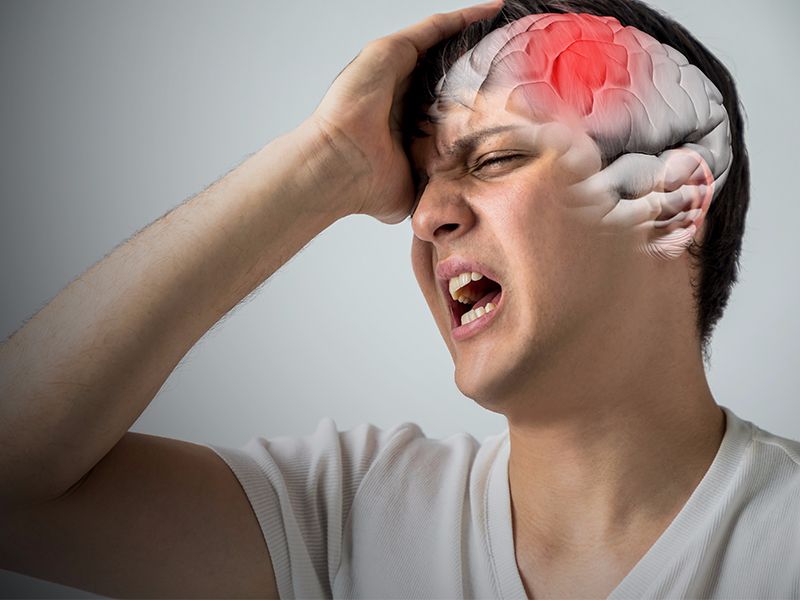

Stroke is a medical condition in which poor blood flow to the brain results in cell death. There are two main types of stroke: ischemic, due to lack of blood flow, and hemorrhagic, due to bleeding.Paralysis is the complete loss of mobility for one or more muscle groups in one or both sides of the body. Paralysis causes loss of feeling, sensation and mobility in the affected area through distraction of communication of nerve impulses. Paralysis is caused when the messages or nerve impulse from the brain to the muscle is disrupted anywhere along the pathway cause muscle weakness and loss of coordination that progress to immobility. Paralysis can be partial or complete affecting just one area, else one or both sides of the body.
Causes of stroke/paralysis
Damage to the central nervous system is the main cause of paralysis. This can be due to various reasons including:
Symptoms of stroke/paralysis
The degree and level of neurological defect caused by any root causes depends upon the location and extension of damage to the brain cells and the central nervous system. Depending on this, immobility, disturbance of speech and loss of higher functions are also found in the patient. Symptoms displayed after the stroke helps the doctor to understand and identify the location and degree of nerve and brain damage.
Diagnosis
The symptoms of stroke on a part, or on the lower or upper part of the body offers clue on the site of nerve damage. The doctor performs a clinical and physical examination to understand the cause of the condition and its degree and extend of damage caused in the nervous system.
Ayurvedic treatment for stroke/ paralysis
The disease has been discussed in Ayurveda under Vata vyadhi disorder. The terms Paksaghata, Paksha Vadha and Ekanga Vata have been used to describe Paralysis in Ayurveda. Ayurveda has mentioned facial paralysis as a separate disease entity called “Ardita vata”. The treatment guidelines for these conditions have been widely enumerated in the classical texts of Ayurveda.